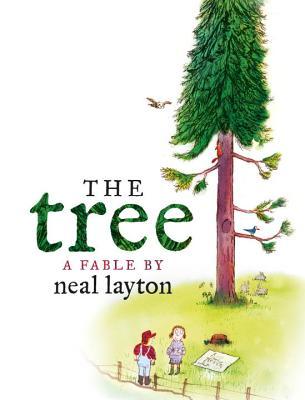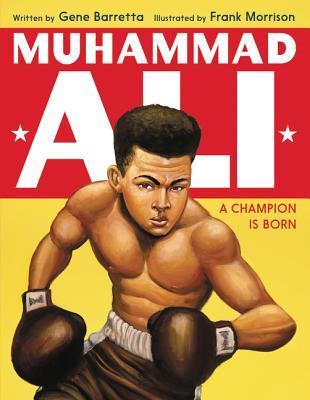 |
| photo via unsplash |
Baking Bread (or Life in The Modern World)
Why can't it be easy for once?
Instead, it starts off sticky
and keeps getting stickier
until necessary intervention.
Slow down.
Slower,
less speed,
deep breaths.
Suddenly, stickier becomes smoother
and by now you should know better --
difficult hides behind a screen of pliable
and soft is a precursor to crunchy.
Next comes growth.
A time of pure yeasty optimism
until the smashing and scraping
brings everything back into perspective
and before you know it
the boundaries are set
the heat is applied
the outcome revealed.
There is no such thing as easy,
only repetition after repetition.
Savor the warmth, the freshness.
Then start again.
©Mary Lee Hahn, 2017
This is a poem for Laura Shovan's Annual February Writing Project. The words/phrases for this poem
screen
Why can't it be easy for once?
Instead, it starts off sticky
and keeps getting stickier
until necessary intervention.
Slow down.
Slower,
less speed,
deep breaths.
Suddenly, stickier becomes smoother
and by now you should know better --
difficult hides behind a screen of pliable
and soft is a precursor to crunchy.
Next comes growth.
A time of pure yeasty optimism
until the smashing and scraping
brings everything back into perspective
and before you know it
the boundaries are set
the heat is applied
the outcome revealed.
There is no such thing as easy,
only repetition after repetition.
Savor the warmth, the freshness.
Then start again.
©Mary Lee Hahn, 2017
This is a poem for Laura Shovan's Annual February Writing Project. The words/phrases for this poem
screen
shoot
stickier
soft
smashing
scraping
speed
smoother
slower
Jone has the Poetry Friday Roundup this week at Check it Out.
Thanks for your patience to all who depend on Kidlitosphere Central for the list of Poetry Friday host blogs. Life blew up and I kept putting other things above "update the link list" on my TO DOs. A teacher work day tomorrow and Monday off for Presidents' Day has given me enough breathing space to get 'er done. (And, as usual, it wasn't such a big deal...I just needed to BEGIN.)













